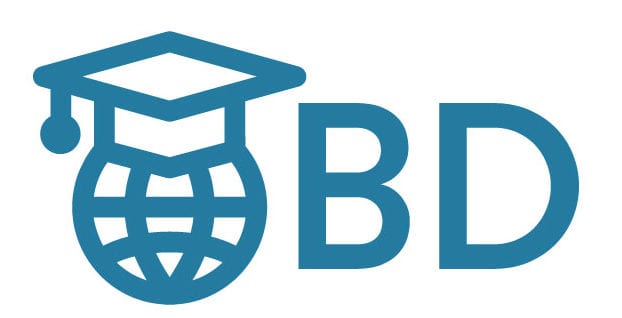Without a doubt, financial experts have huge responsibilities. It’s not easy trusting someone else with your money, is it? Although we, ourselves, might not manage it very well, it’s harder to put it into someone else’s hands… unless you are sure that they know what they are doing. Financial advisors help others manage their money better and teach them how to invest it wisely.
How does one know how to do this? In the field of finance, a bachelor’s degree is preferred, however, there are several additional certifications that you will be proud to display on the office “wall of accolades” to help you showcase your talents. Certifications indicate that you have gone through the proper training to offer your customers excellent advice in a chosen area.
As of late, competition within the field of finance can be fierce. A certification in a corporate setting, or if you own your consulting firm, will set you apart from the rest, as higher credentials are sought after and well regarded. They attest to your skills and proficiency in your particular field, as well as, assure you the promotion that you deserve.
As mentioned, there are several popular certifications to earn, if so desired. Some certifications are a requirement, and some are not. You will need to check with your state’s regulations to see which ones are mandatory. Here, we will look at a few that you may want to consider.
The Certified Public Accountant (CPA) certification is often required to pursue a career in the accounting field. This accolade is offered by the American Institute of Certified Public Accountants; however, you will need to have at least one year of actual work experience before you attempt to sit for the exam.
The CPA exam consists of four sections: accounting and reporting, auditing and attestation, concepts and regulation, in addition to, business environment. As an accountant with CPA certification, your credentials will illustrate the highest level of competencies in the field of accounting. It signifies your accomplishment and exhibits your commitment and integrity to the accounting profession.
Financial Modeling and Valuation Analyst (FMVA) certification helps financial experts gather essential accounting information to analyze and evaluate all the factors that go into making effective and productive financial decisions.
Consultants in this capacity look at past financial records in the hope of projecting future business ventures and potentially positive outcomes. Courses for this certification include valuation modeling, project finance modeling, merger and acquisition, dashboarding techniques, and advanced functions and charting.
The Charter Financial Analyst (CFA) certification is issued by the Chartered Financial Analyst Institute to financial professionals who are interested in providing their customers with sound knowledge in investment banking and analysis, portfolio management, and economics. As a financial analyst, you can work for insurance firms, banks, investment firms mutual funds, and larger corporations.
If you have completed your online Bachelor’s degree in Finance program, your Certified Financial Planner (CFP) certification will be the next obvious step to take in a career as a financial planner. The course will typically take 18 to 24 months to complete and is offered by the Certified Financial Planner Board of Standards, Inc.
While taking the CFP exam, you can expect to be tested on topics such as insurance, investing, taxation, retirement, and estate planning. You will exhibit proficiencies in other fields as well, such as risk management, education planning, and ethics.
There is a great demand for finance professionals who possess the Financial Risk Manager (FRM) certification. Primarily, the reason is due to today’s economy and its uncertainty. Businesses and large corporations appreciate those who specialize in risk management practices in hopes of minimizing losses.
The FRM exam is given in two parts and is sponsored by The Global Association of Risk Professionals (GARP). You will need to successfully pass both exams and show two years of financial risk management-related experience to earn your certification.
There are other types of specialized certifications as well. Each is designed to help you become more qualified in your field. In most cases, certification programs can be completed online while continuing with your full-time job and family responsibilities. Certifications will look good on your resumé, get you the promotion you’ve been hoping for, or, at the very least, a salary increase.
If you would like to expand your knowledge in the world of business finance, check out our list of the Best Online Schools for Bachelor’s in Finance Programs.
